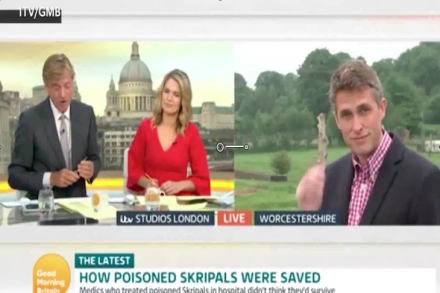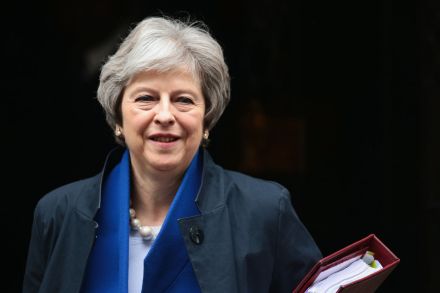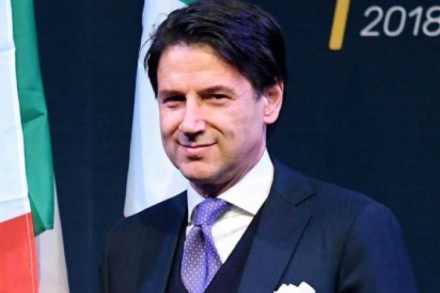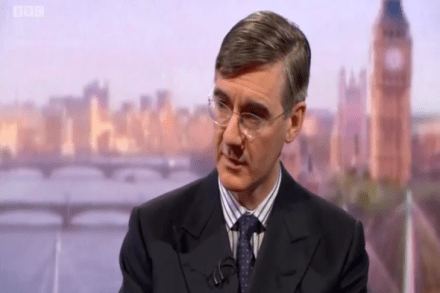Could a eurozone crisis benefit Britain?
Is it better to negotiate with a confident, optimistic European Union or a nervous, fretful one? Even Brexiteers are split on this question. Some take the view that the European Union’s difficulty is Britain’s opportunity and that bad news for Brussels is good news for Brexit. But most, and especially those in government, tend to think that a more confident EU will be less scared of other countries following Britain’s lead, and so more inclined to do a decent deal. In the immediate aftermath of the referendum, there were worries in Brussels that Brexit was just the start. Senior European political figures feared that 2017 could see the populist Geert




















